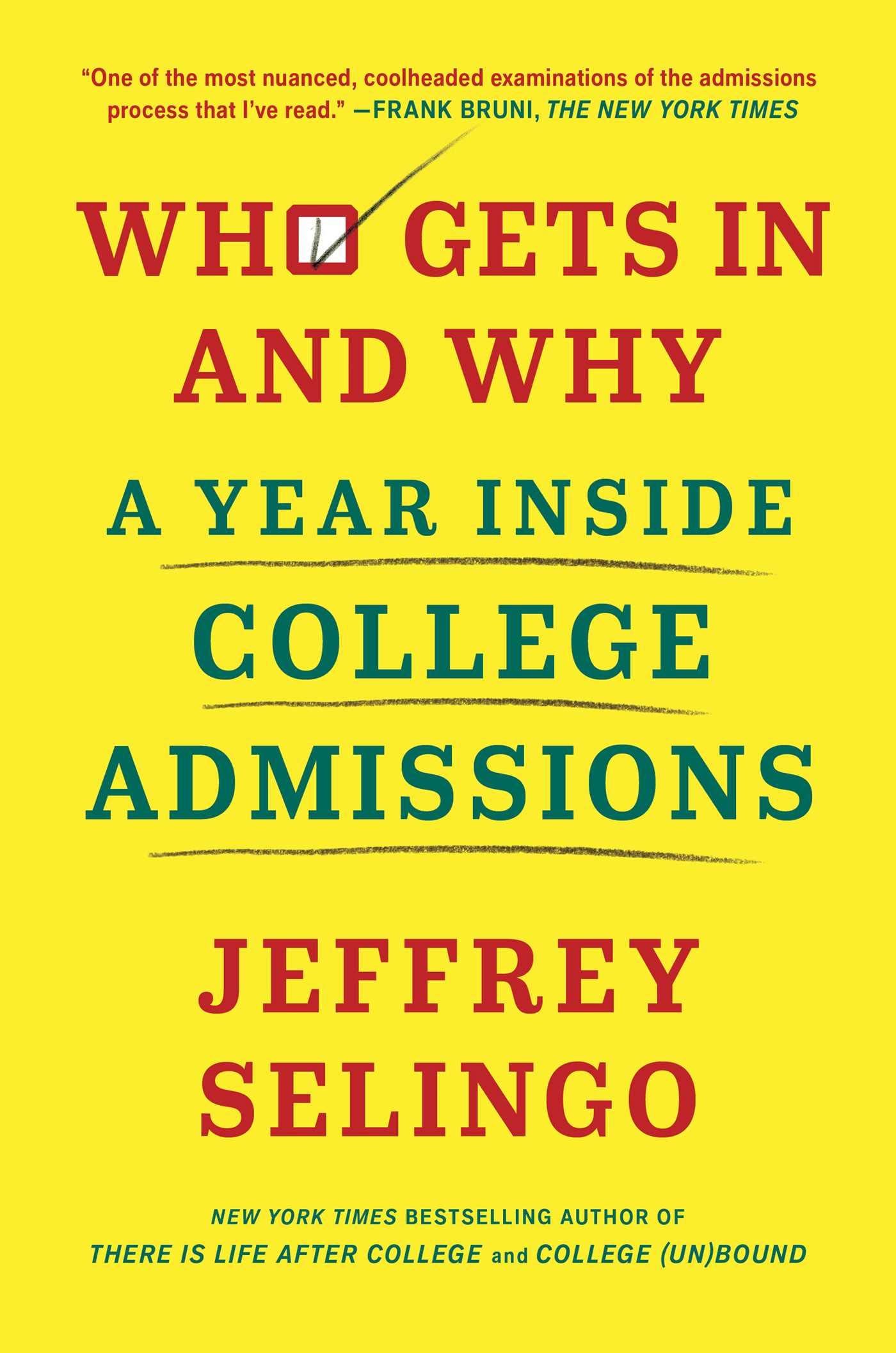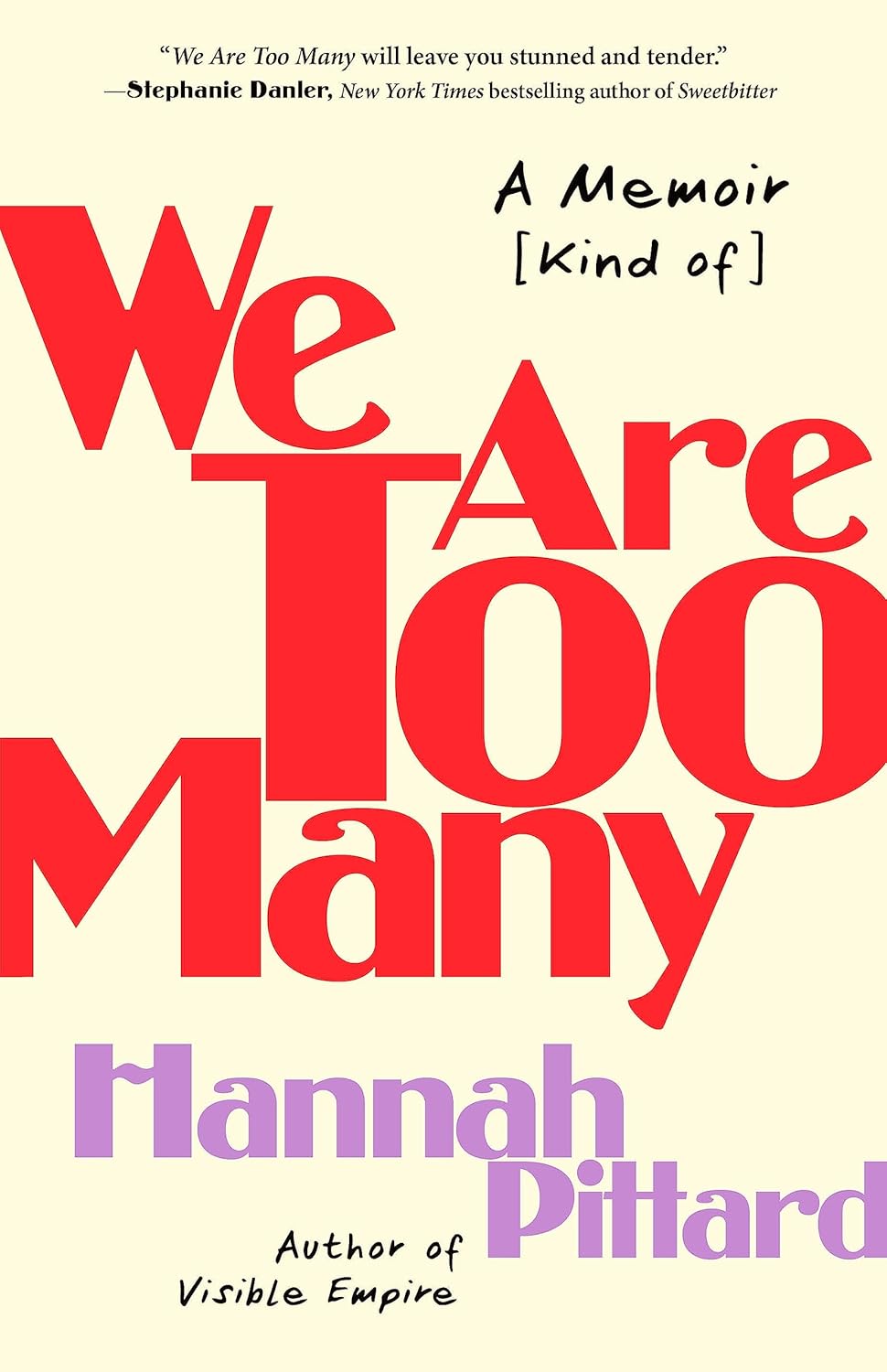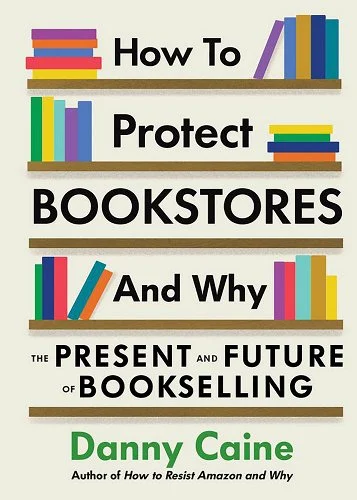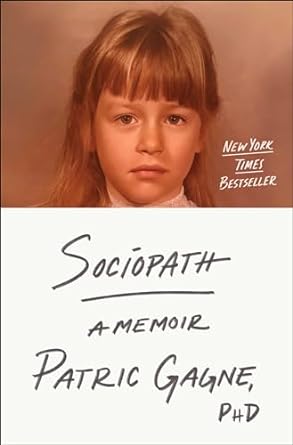Troubled: A Memoir of Foster Care, Family, and Social Class by Rob Henderson opens with the assertion that the one thing that can create the foundation for a successful life isn’t education or wealth, but a stable family life. Henderson grew up in a chaos, with a mother who abandoned him at a very young age, a string of foster homes, and an adoptive family that splintered early. Despite his achievements later in life, including serving in the military and going to Yale, Henderson attributes many of his struggles (addiction, depression) to the fact that he didn’t have a stable family to build his confidence and encourage him to make good choices.
Why I picked it up : I read about Troubled and immediately put a library hold on it. I love memoirs and am always interested in foster care and adoption.
Henderson gives a pretty detailed and meticulous account of his childhood and how unrooted and alone he felt. Even after he was adopted, his father left, and his mother eventually broke up with her longterm partner as well. So while he had achieved the goal – the transition from foster care into a family – he still never experienced what so many of us take for granted: a stable family and the promise of continuity and consistency. The chronicle of his childhood years got a little tedious at times, as Henderson got into trouble repeatedly with his friends and had little ambition. During the second half, when he joined the military and ultimately went to college on the GI Bill, the book matured, like its author.
There is a section towards the end of Troubled that I’ve read some criticism of, where Henderson takes aim at the wealthy elite he encountered at Yale. Despite their professions of inclusion and attempts to downplay their privilege, Henderson’s classmates instead did things that only perpetuated the divide between rich and non-rich, ensuring that the haves at Yale would return there, generation after generation, preventing real social change. Henderson also talks about cultural touchpoints and political viewpoints as currency that carries more value than actual dollars. One interesting observation: When Hamilton tickets were impossible to get, and only the rich could go, it was hailed as a brilliant and thought-provoking piece of art. But when it became more accessible to the general public, the elites moved on from it, dismissing the Founding Fathers and the musical itself, thus self-perpetuating elitism.
I didn’t agree with everything Henderson wrote in that section, but I found it to be the most memorable and interesting part of the book. I think Henderson’s emotional numbness, developed over years of trauma (and admitted to by Henderson), permeated the writing of the book, making it a colder and more detached read than I had hoped for. But in the end, I took a lot away from Troubled and I am glad I read it.
I listened to Troubled on audio. Henderson isn’t a natural narrator, and the reading was a little flat (see emotional numbness above). That is often the price of hearing a memoirist in his or her own voice.
Troubled was the 13th book of 2024 and satisfies the 2024 Nonfiction category of the 2024 EDIWTB Reading Challenge.













About Me
I have been blogging about books here at Everyday I Write the Book since 2006. I love to read, and I love to talk about books and what other people are reading.